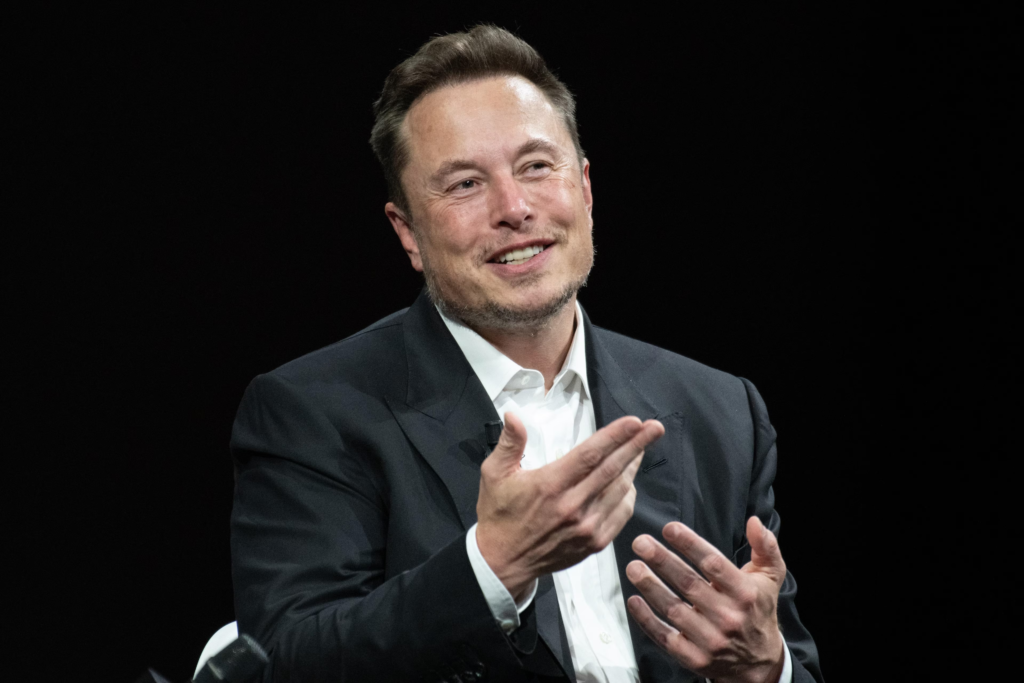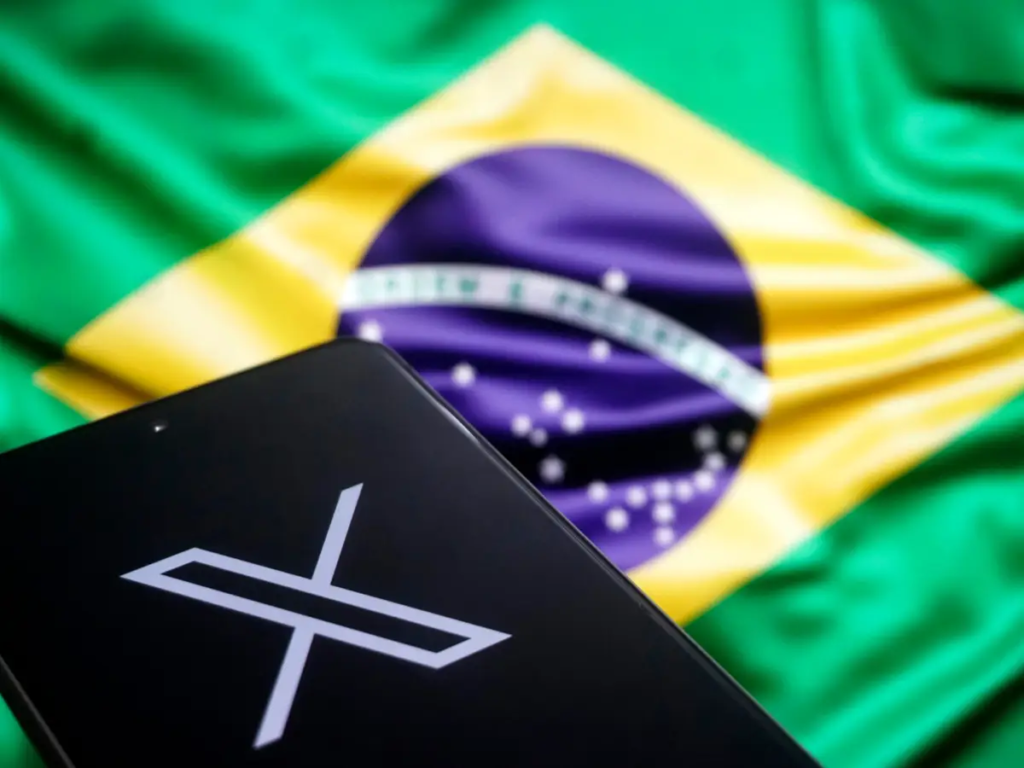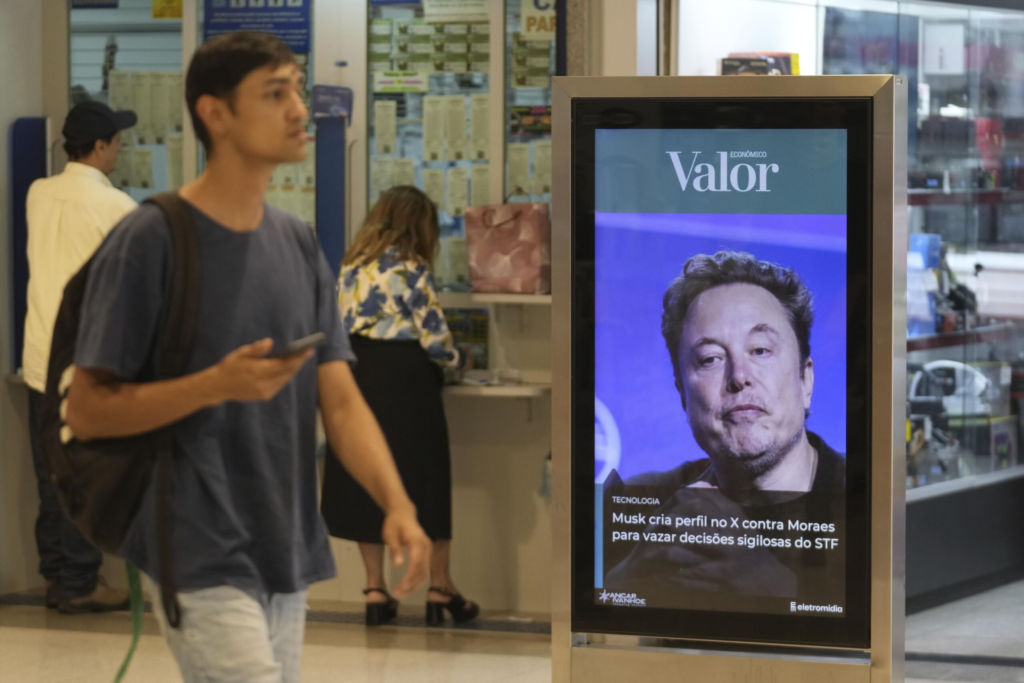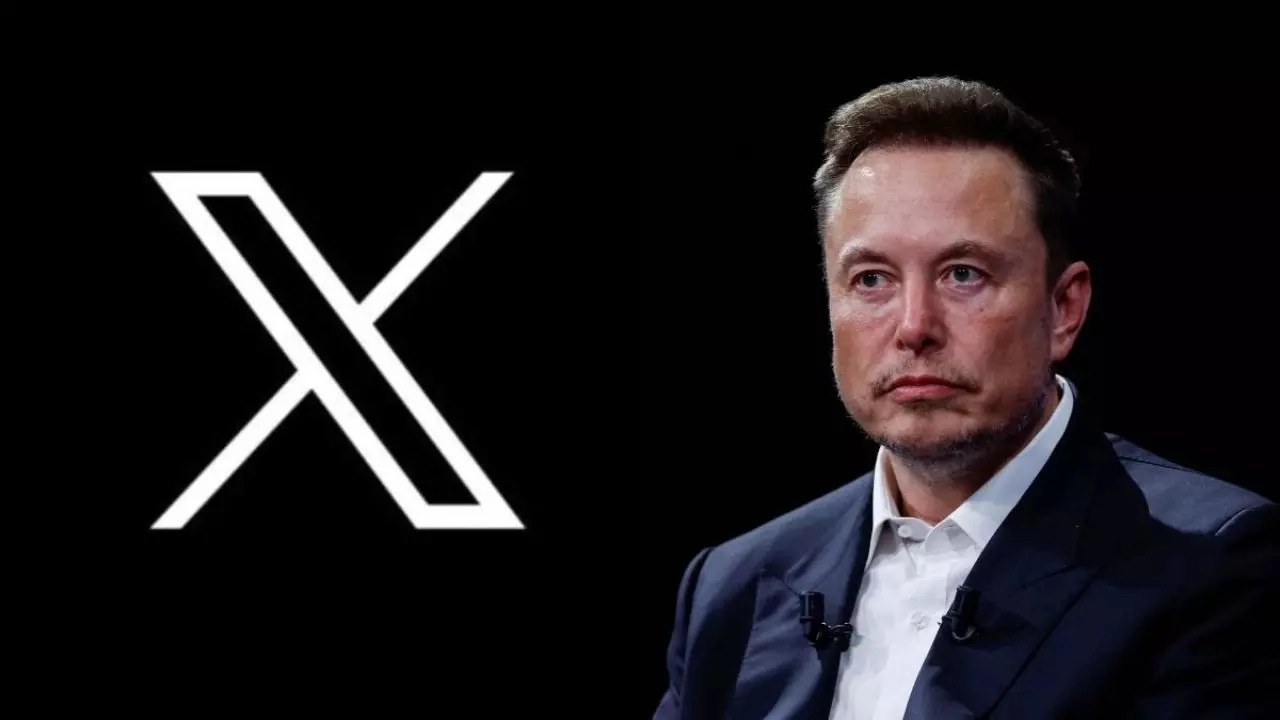Elon Musk’s social media platform X, formerly known as Twitter, has had a tumultuous relationship with Brazil. The platform was banned for months due to its non-compliance with Brazilian court orders, leading to a highly publicized legal battle with the country’s Supreme Court.
The platform has now returned to Brazil after paying a hefty $5.1 million fine and complying with the court’s demands. The legal battle between Elon Musk and the Brazilian government, and the platform’s eventual return to the Brazilian market.
The Ban on X: A Clash Between Free Speech and Government Regulation
The tension between Elon Musk’s X and the Brazilian government escalated following the controversial 2022 Presidential election. Several accounts on the platform were accused of spreading misinformation regarding the election, leading to increased scrutiny from the government.
Brazil’s Supreme Court, under Justice Alexandre de Moraes, ordered the platform to block numerous accounts deemed responsible for disseminating false information.
Read : Elon Musk’s X Pays Millions in Brazil’s Fines But to Wrong Account
However, Elon Musk, a self-proclaimed “free speech absolutist,” defied the court’s orders, arguing that banning these accounts was an abuse of power and a violation of free speech.
Read : In the lap of nature Exploring Brazil’s Top Ten Most Beautiful Villages
In response, Musk stated that such actions undermined the principles of open dialogue and democratic discourse, values he claimed X was built on. His decision to allow the accused accounts to remain active ignited a legal dispute with Brazil’s highest court.
Despite mounting pressure from the government and a growing outcry for accountability, Elon Musk held his ground, maintaining that restricting free expression—whether through misinformation or otherwise—was contrary to the mission of the platform. His stance resonated with his larger philosophy on free speech, which he often cites as the foundation of his social media company.

This defiance resulted in Justice Moraes ordering X to pay substantial fines for non-compliance. When the company continued to refuse to remove the flagged accounts, Moraes made the bold decision to block access to X across Brazil entirely, citing the platform’s unwillingness to adhere to Brazilian law.
The ban affected more than 22 million users, leaving many Brazilians disconnected from one of their primary sources of social interaction and information.
Legal Battle: Fines, Firings, and Office Closures
The legal dispute between X and Brazil’s Supreme Court extended over several months, during which time tensions between the platform and Brazilian authorities reached new heights. Justice Moraes imposed fines totaling 28 million reais ($5.1 million) for X’s refusal to comply with the court’s orders, pushing the social media giant into a precarious position within the Brazilian market.
In late August, Elon Musk made a drastic decision that shocked many: he fired X’s entire Brazilian staff and closed the platform’s office in Brazil. This move was seen as a direct consequence of the mounting legal pressure and a reflection of Musk’s unwillingness to engage with Brazilian regulatory authorities on their terms.
Musk’s decision to close X’s Brazilian operations raised questions about the platform’s future in one of its largest markets. Brazil represents a significant user base for X, boasting over 22 million active users and ranking as the platform’s largest market in Latin America.
The closure of X’s Brazilian offices, coupled with Elon Musk’s hardline stance against government regulation, appeared to signal an end to the platform’s presence in the country.
Yet, even as Elon Musk doubled down on his free speech philosophy, Brazil’s regulatory bodies, including the telecoms watchdog Anatel, worked to enforce the ban, ensuring that the platform was inaccessible to millions of users across the country.

In the meantime, Brazilians began seeking alternative social media platforms such as Bluesky, while VPN usage in the country soared as users attempted to bypass the ban and regain access to X.
However, this stalemate between X and Brazil’s government would not last indefinitely. As fines continued to accumulate and the platform faced increasing legal and financial pressure, Elon Musk began to reconsider his approach.
In September, X made an unexpected U-turn, agreeing to comply with the court’s orders, blocking the accounts identified by the Brazilian government, and committing to paying the fines levied against the platform.
X’s Return to Brazil: A Strategic Compromise
After months of defying court orders, X has finally complied with all of Brazil’s legal demands, marking a significant turning point in its relationship with the country. Justice Moraes authorized the “immediate return” of X’s services in Brazil after the platform paid the $5.1 million fine and agreed to appoint a local representative to ensure compliance with Brazilian law.
This decision comes after a notable shift in the platform’s stance. While Musk had initially described Justice Moraes’ demands as an abuse of power, the return of X to Brazil suggests a more pragmatic approach, where the platform ultimately chose to prioritize its presence in the Brazilian market over Elon Musk’s free speech principles.
By complying with the court’s orders, X has shown its willingness to adhere to local laws and regulations, despite Elon Musk’s earlier resistance. On Tuesday, X issued a statement expressing pride in its return to Brazil, emphasizing that maintaining access to the platform for its millions of Brazilian users was paramount.
The platform’s government affairs team noted that ensuring Brazilians’ continued access to X had been a key consideration throughout the legal process, signaling the importance of Brazil as a strategic market for the social media platform.
Anatel, Brazil’s telecoms watchdog, has been tasked with ensuring that X’s services are fully restored within 24 hours of the Supreme Court’s ruling. This move will reconnect millions of Brazilian users with the platform, marking the end of a contentious chapter in X’s relationship with the country.

Despite the financial penalty and the long-running legal battle, Brazil remains a critical market for X. The country’s large and active user base provides significant opportunities for growth, and the platform’s return signifies a renewed commitment to engaging with Brazilian audiences.
Musk’s decision to comply with Brazilian law also reflects a broader recognition of the need to navigate the complex regulatory environments that govern social media platforms worldwide.
Elon Musk’s X has faced numerous challenges in its effort to balance the ideals of free speech with the realities of government regulation. The conflict with Brazil’s Supreme Court highlights the complexities of operating a global social media platform in an era where misinformation, political unrest, and regulatory scrutiny intersect.
Elon Musk’s initial resistance to complying with Brazil’s demands was rooted in his belief that restricting speech, even when it involves misinformation, undermines the core values of a free and open platform. However, the prolonged legal battle, hefty fines, and the potential loss of access to one of its largest markets eventually forced X to compromise.
The platform’s return to Brazil marks a significant shift in its strategy, as it seeks to maintain its global presence while adhering to local laws. The decision to pay the fines, appoint a local representative, and block the flagged accounts represents a departure from Musk’s previous stance, signaling a more pragmatic approach to navigating legal challenges.
As X continues to expand globally, the platform will likely face similar challenges in other countries where misinformation and government regulation intersect. The lessons learned from its battle with Brazil’s Supreme Court will shape its future strategy, as it seeks to balance the ideals of free speech with the practical realities of operating in a complex, interconnected world.

